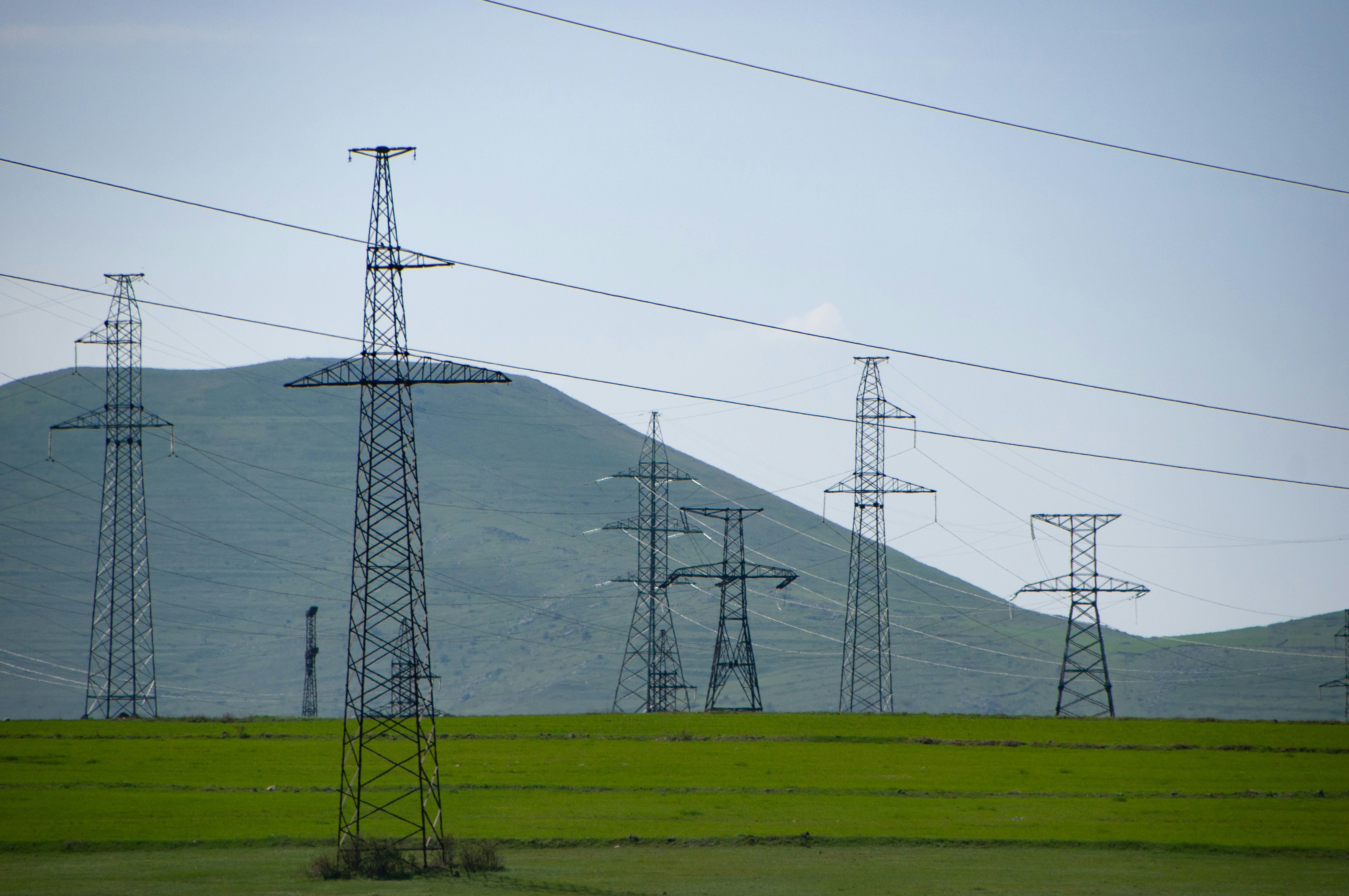
Image - The Syunik province (Ani Adigyozalyan)
The proposed Zangezur Corridor, also called the Middle Corridor or the “Trump Route for International Peace and Prosperity” (TRIPP) that stretches from Turkey into Azerbaijan, has proven to be significantly divisive in the South Caucasus. Western-aligned powers, Turkey and Azerbaijan, view the project as incredibly beneficial for the region as a whole expanding “the capacity of the Middle Corridor by 8-10 million tonnes per year”, according to Deputy Minister of Digital Development and Transport for Azerbaijan Ramman Hummatov. Others have been more sceptical. Iran fears the potential military and economic losses incurred by the obstruction of its border with Armenia. Fears that Azerbaijan will utilise the corridor as a tool to further Armenia’s isolation continue to direct Armenia’s policy towards the project. The sidelining of Armenia and the insertion of an American presence on the Iranian border raise significant security concerns for the region as a whole.

American ownership of the corridor, and by extension, the growth of its presence in the South Caucasus, is a serious threat to Iran’s long-term strategy. Iran’s foreign minister, Abbas Arragachi, has described the land corridor as a “sensitive issue” and has travelled to Armenia to dissuade its implementation in the face of America’s desires to “pursue hegemonic goals in the Caucasus region”. Despite Armenian assurances that no American security forces will set up shop in Armenia under the guise of the route, Iran remains sceptical.
Tensions between the US and Iran have been mounting in recent years, with the 12-day war between the Islamic Republic and Israel, coupled with military and financial aid from the US, placing significant strain on President Donald Trump’s base, with only 16% of respondents in a survey conducted by the Cato Institute supporting the decision to become militarily engaged. However, 60% of respondents were in support of direct military action against Iran if it were Israel acting instead of the United States. The existence of the corridor would sever trade routes that lead through Georgia and Iran. Thus limiting its influence with European organisations and reducing Iran’s capacity to project military might into the Caucasus, and reducing its presence in Armenia would all be significantly damaging to the Iranian economy and would empower the hawkish Jihadi faction within Iranian politics, possibly raising the likelihood of military confrontation. The Islamic Revolutionary Guard Corps (IRGC) has already begun conducting joint military drills in collaboration with Armenia along their border. Ultimately the fear lies in the fact that if Iran and the United States/Israel are brought into another conflict, Azerbaijan will utilise this distraction to seize Armenian territory. This brings us to the key security concerns of Armenia.
At the heart of Armenia’s security concerns is the fear that the corridor could be used to encircle the country, carving up its sovereign land between Turkey and Azerbaijan. This is not a groundless fear. Recent ceasefire violations have underlined the lengthy peace talks process, and Azerbaijan remains uncommitted to bargaining with Armenia. Nazeli Baghdasaryan, Armenian Prime Minister Nikol Pashinyan’s spokesperson, recently rejected a statement by Azerbaijani President Ilham Aliyev in which he proclaimed that Azerbaijan’s goods should not have to pass through Armenian border control on the grounds that it “contradicts the logic of negotiations and represents a concealed territorial claim against Armenia.” Azerbaijan continues to use irredentist rhetoric towards Armenia, even referring to Syunik as “West Zangezur”.
The Syunik province is a tiny stretch of territory bordering Iran and Armenia which, if occupied by Turkey or Azerbaijan, would result in Armenia entirely cut off from its key military ally. Therefore, it is paramount that clear barriers are put in place to prevent an Azerbaijani military buildup in Syunik. The United States is unable to dispatch a peacekeeping force so close to the Islamic Republic. Emboldening allies is therefore the only way to successfully counter regional disruptors. Drawing Armenia closer to the West, possibly through bolstering its security infrastructure, is a clear way to alleviate fears of Azerbaijani irredentism. Ultimately, proactive support for Armenia not only deters aggression but also reinforces the credibility of the West as a stabilising force in a significant and volatile region.